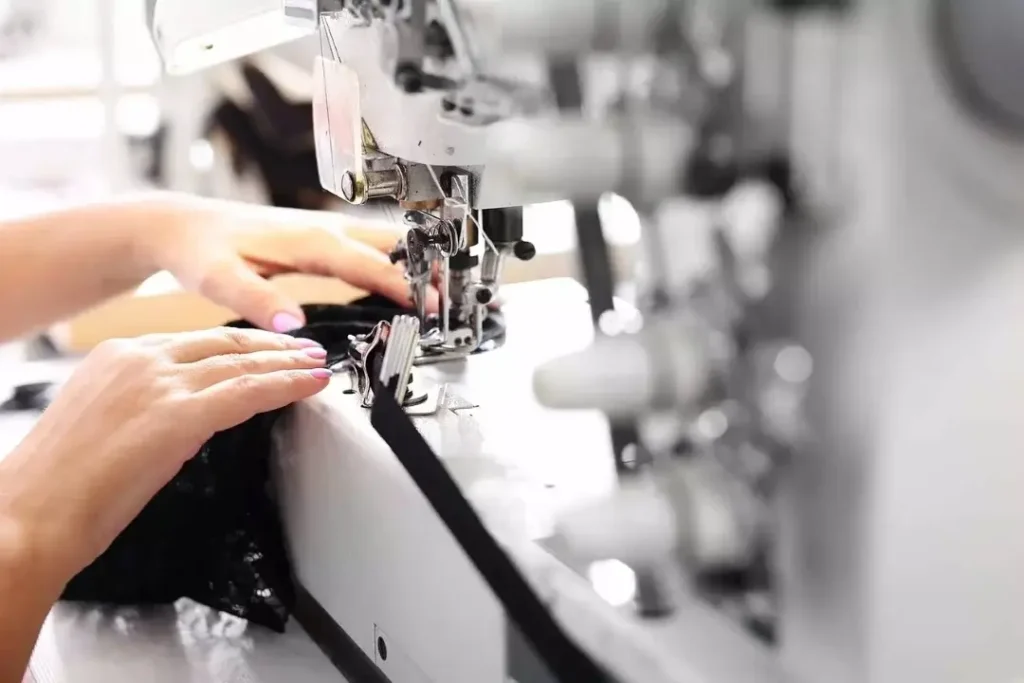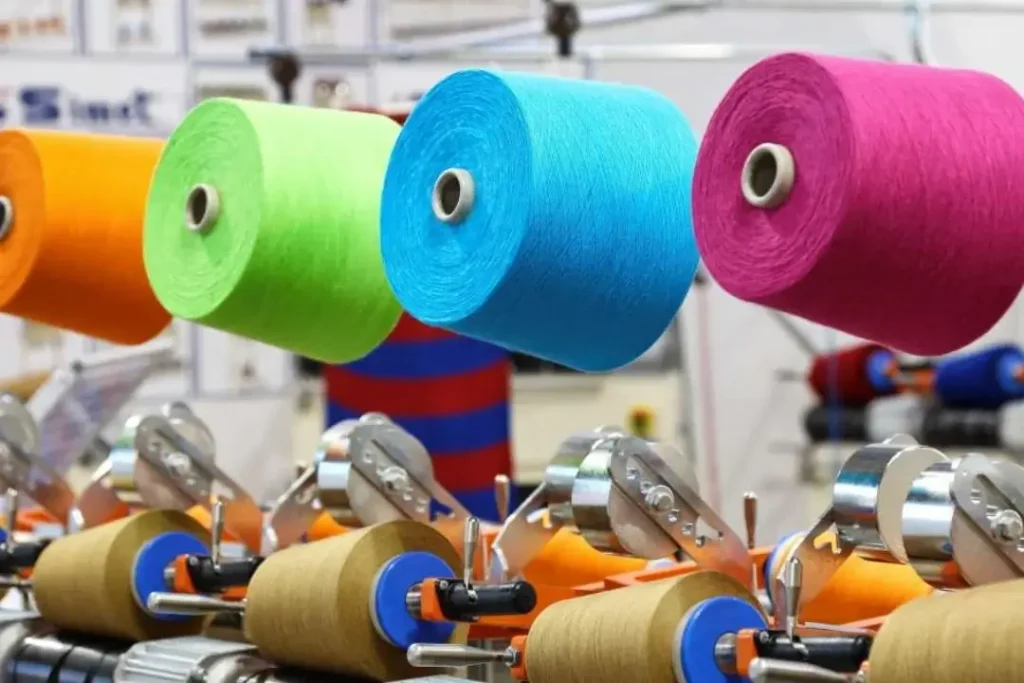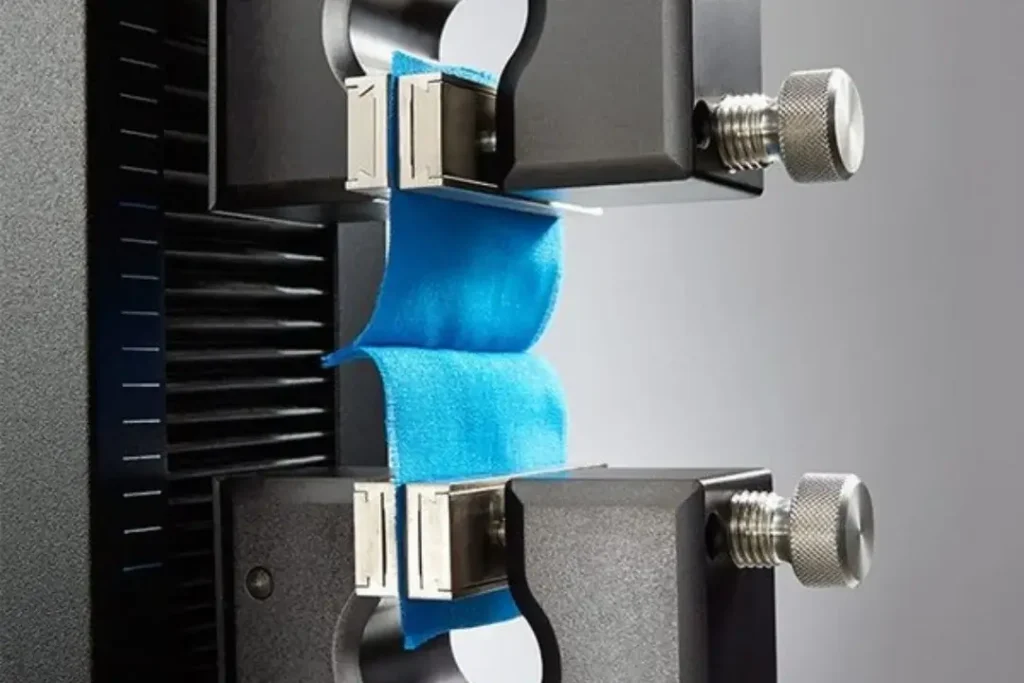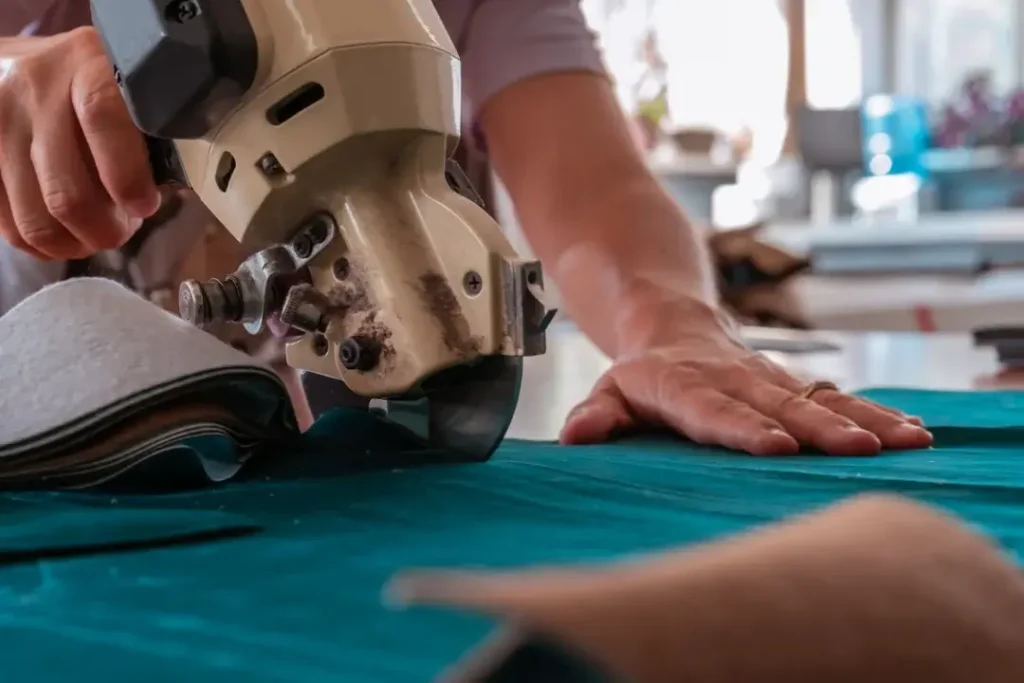
Why Clothing Brands Fail
Top Different Types of Shirts for Women and Men Top Different Types of Shirts for
Challenges, Measures, and Solutions in Clothing Manufacturing Quality Control Explained
Clothing quality is the main factor that contributes the most to the success of every business or brand. When we talk about the quality controls of clothing products manufactured in Pakistan, we need to look further into actual statistics of QC measures used in Pakistan’s clothing manufacturing industry for a complete assessment. Quality Control is also the backbone of Pakistan’s growing textile manufacturing industry. In fact, it contributes up to 55% to the country’s exports and about 18% to the GDP. Just looking at these factors you can have a basic idea of how much actually Pakistan’s clothing manufacturing industry prioritizes their QC sector. To further understand Quality Control Measures in Pakistani Clothing Manufacturing, we need to first fully understand what exactly QC( Quality Controls ) Of The clothing manufacturing industry is and how much it affects the brand or businesses.
Basically, quality control refers to the systematic way of verifying whether the final crafted product in a factory adheres to the pre-defined international or global quality standards or not. This practice affects not only the b2b business or brand but also the consumers, their specific needs, and choices. So we can say that quality control also contributes to consumer satisfaction, minimizes returns, and builds brand loyalty.
The best thing about Quality control is its ability to identify all the defects early in the production process, which in fact prevents the costly rework or outright rejection of the international clients. These QC measures are integrated into each and every step of clothing production, starting from the sourcing of the material to the packaging of the final product. This makes sure that the product is seamless and defect-free.

The most basic thing in quality control is how good the raw fabric-making is in terms of fabric strength, color fastness, and design accuracy.

The next thing is regular calibration of the clothing manufacturer’s machinery which can affect incongruities in production.
The skill level and experience also contribute heavily to the QC of a clothing factory which can improved via proper training.
The QC process in Pakistani clothing factories is divided into three critical stages:
Before production begins, factories verify raw materials like fabric for consistency in design, color, and texture. Industrial sewing machines also undergo calibration for smooth operation during production.
This stage of QC focuses on detecting the errors and defects during the manufacturing process of a product.
In this process alt the stitches are checked whether they meet the durability standards or not.

The cutting precision checking process involves inspection of accurate cutting which can reduce fabric waste and also maintain uniformity.
Once the production is finished then comes an additional inspection known as the final inspection. In this step, the final products are further inspected if there are still any remaining mistakes or defects in the production process or adhering to quality standards.
This inspection checks whether:
|
Manufacturing Stage
|
Inspection Success Rate (2025)
|
|---|---|
|
Pre-Production
|
80%
|
|
Production
|
75%
|
|
Post-Production
|
90%
|
The KQCPS are the standards set for quality control measures, By ensuring these factors, clothing manufacturers in Pakistan can provide quality consistency in their production process.
The first and foremost factor is the regular maintenance and calibration of machinery to avoid all types of stitching errors that are caused by malfunction of machines.
Using the right and advanced cutters can greatly improve the precision when cutting fabrics. This not only ensures uniformity of the fabric pieces but also prevents design mismatches.

Assessing the prints and patterns of the fabric can greatly help detect all flaws at an early stage. Inspection before storage of raw materials can also prevent damage from environmental factors like humidity and others.

Clean and well-lit environments play a very important role in quality assurance. On the other hand, poor storage can probably lead to damaged fabrics, especially in humid environments.
One of the major causes of bad quality is untrained workers or the labor force. However, with regular training programs for workers, this risk can be greatly minimized.
Many of the clothing manufacturing factories in Pakistan lack the latest machinery and equipment that could meet the quality standards, thus relying on outdated equipment can highly cause low-quality production. Also, the regular maintenance of machinery often incurs high costs which small-level clothing manufacturers struggle to bear.
While Pakistan is known for skilled clothing labour there are still some areas of clothing where the labor lacks in its expertise. Many small manufacturers do not provide formal training to their labor which causes errors and ineffectiveness in production.
Even though Pakistan is known for its textiles and fabrics for modern fabric it still has to rely on importing from China or other countries. The Delay in material deliveries could disrupt production schedules which often causes compromising in quality to meet tight deadlines of clients.
After the 2020 pandemic, the cost of fabrics and import taxes are on the surge which has caused all types of clothing manufacturers in Pakistan to deal with inflation and increased production costs.
For most of the clothing manufacturers in Pakistan meeting the global certifications standards like ISO 9001 is highly challenging due to the lack of resources and expertise.
|
Challenge
|
Percentage of Firms Affected
|
|---|---|
|
Lack of modern machinery
|
55%
|
|
Insufficient skilled workforce
|
70%
|
|
Poor fabric storage conditions
|
50%
|
|
Compliance Factor
|
Percentage (2025)
|
|---|---|
|
ISO Certifications
|
45%
|
|
Customer Requirements
|
70%
|
Investing in modern technology can highly increase the quality control of products. This will not just provide more advanced features to craft complex clothing but also improves the precision in cutting, and also reduces human error.
The local clothing manufacturers should partner with vocational institutes that could help them train their workers. This will greatly help improve the quality of clothing products,

To avoid supply chain issues clothing manufacturers can build strong relations with reliable suppliers that could ensure timely delivery of raw fabrics, this will further minimize disruptions in the production process.
The clothing manufacturers in Pakistan can also take help from the government such as seeking subsidies and incentives for adopting international quality standards, so it can ease the financial burden on manufacturers.
The clothing manufacturing sector can said to be the lifeline for Pakistan’s economy, but its survival in an increasingly competitive global market depends on its adaptions to international standard quality control. By addressing resource gaps, investing in technology, and prioritizing skill development, Pakistani manufacturers can upgrade their standards and meet international expectations.
The fact is that quality isn’t just a metric that can be overlooked, but it’s a commitment to excellence that secures long-term success for Pakistan’s textile industry.
Quality control ensures that products meet buyers’ standards, reducing returns and building long-term trust. It also saves costs by preventing defective production.
Resource shortages, unskilled labor, and rising energy costs are some of the major challenges. Additionally, complying with international standards adds pressure.
Modernizing machinery, providing regular worker training, and fostering better supplier relationships are key steps to improving quality assurance.
Expert Custom Clothing Manufcaturer

Top Different Types of Shirts for Women and Men Top Different Types of Shirts for

What You Must Know About Clothing Samples? Before You Produce a Single Garment: What You

How Much Does It Cost To Make a Hoodie A Complete Cost Breakdown for Custom

Discover the Types of Buttons Discover the Types of Buttons That Transform Style and Functionality
Most Recent Posts
Expert Custom Clothing Manufcaturer
Join our Mailing list!
Get all latest news, exclusive deals and updates.